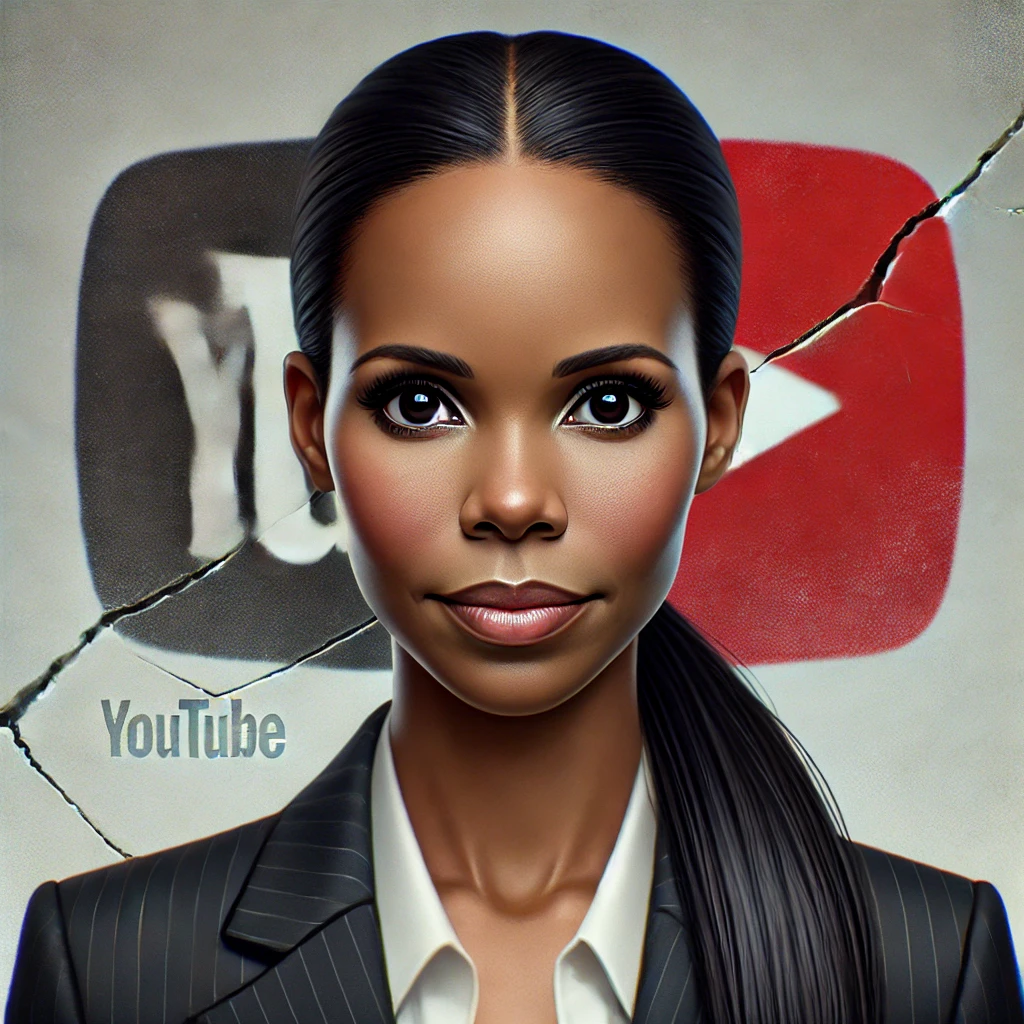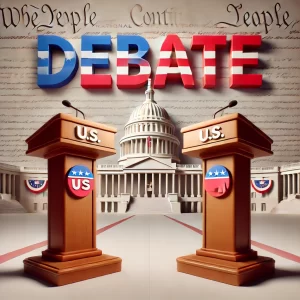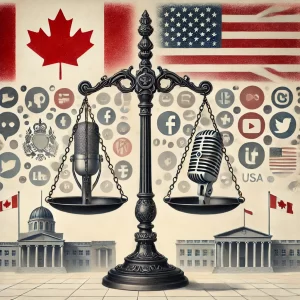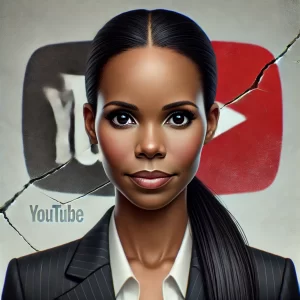
Candace Owens, a prominent conservative commentator and Daily Wire host, has found herself at odds with YouTube, leading to the suspension and demonetization of her channel. This recent incident is part of a broader struggle between conservative voices and the platform’s content moderation policies.
The Suspension Incident
In September 2024, Owens’ YouTube account was suspended after she aired a previously unreleased interview with Kanye West, now known as Ye. The interview contained remarks deemed antisemitic, with claims that Jewish individuals control the media, leading to YouTube removing the video for violating its hate speech policy. Owens took to X (formerly Twitter) to announce the suspension, attributing the action to “mass reporting by Zionists,” which sparked further controversy
(Home – VINnews)(OK Magazine).
This was not Owens’ first run-in with the platform. Earlier in 2023, she faced another suspension, this time for comments on transgender issues, where she referred to trans individuals by their biological sex and criticized gender-affirming treatments. Owens described YouTube’s actions as a part of a “globally sanctioned lie,” claiming that platforms like YouTube are pushing certain political narratives, particularly around issues like gender ideology(Daily Wire).
Owens’ Perspective
Owens has been vocal about what she perceives as censorship aimed specifically at conservative voices. She argues that platforms like YouTube are selectively enforcing their community guidelines to suppress dissenting opinions. After her suspension, she accused YouTube of targeting her for airing views that challenge dominant cultural narratives, such as those surrounding antisemitism and gender ideology
(Home – VINnews)(OK Magazine).
In response, Owens has shifted part of her content distribution to X, where she praised Elon Musk’s approach to allowing “true speech.” Despite the suspension, she encouraged her followers to subscribe to her YouTube channel, in an effort to protest the platform’s actions
(OK Magazine)(Daily Wire).
YouTube’s Policy on Hate Speech
YouTube has consistently maintained that its community guidelines are applied equally to all creators, aiming to curb harmful content. The platform’s hate speech policies prohibit content that promotes violence or hatred against individuals or groups based on attributes such as race, religion, and gender. In Owens’ case, YouTube flagged her interview with Ye for promoting harmful stereotypes about Jewish people, a group that has long been protected under these guidelines(OK Magazine).
However, Owens and other conservative commentators often argue that such policies are disproportionately used against them. Many see YouTube’s actions as part of a broader censorship trend, where platforms act as gatekeepers for what can and cannot be said on issues like gender, race, and politics (Daily Wire).
A Broader Trend of Censorship?
Owens is not the only conservative figure facing challenges on YouTube. The Daily Wire, which produces Owens’ show, has seen multiple violations across its various platforms, including content from Ben Shapiro, Matt Walsh, and Jordan Peterson, all of whom have been penalized for similar reasons. Critics argue that platforms like YouTube are becoming increasingly intolerant of conservative viewpoints, especially on issues related to identity politics and cultural debates. (Daily Wire).
The Implications for Free Speech
The tension between platforms like YouTube and conservative creators raises important questions about free speech in the digital age. While platforms have a responsibility to remove harmful content, there’s an ongoing debate about where to draw the line between enforcing community standards and stifling legitimate debate. Owens’ situation exemplifies the challenges of navigating this fine line, especially as cultural and political discussions continue to polarize.
Conclusion
The clash between Candace Owens and YouTube is part of a larger conversation about the role of tech platforms in shaping public discourse. As Owens continues to push back against what she views as censorship, her case highlights the growing divide between content creators and platforms over issues of free speech, content moderation, and the balance between protecting communities and enabling open dialogue.






